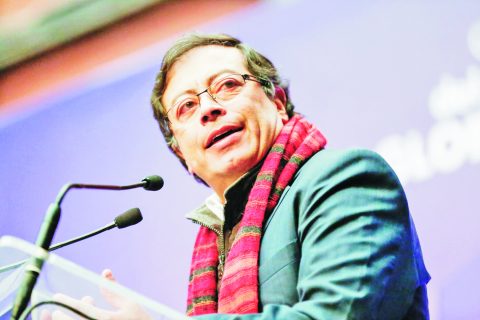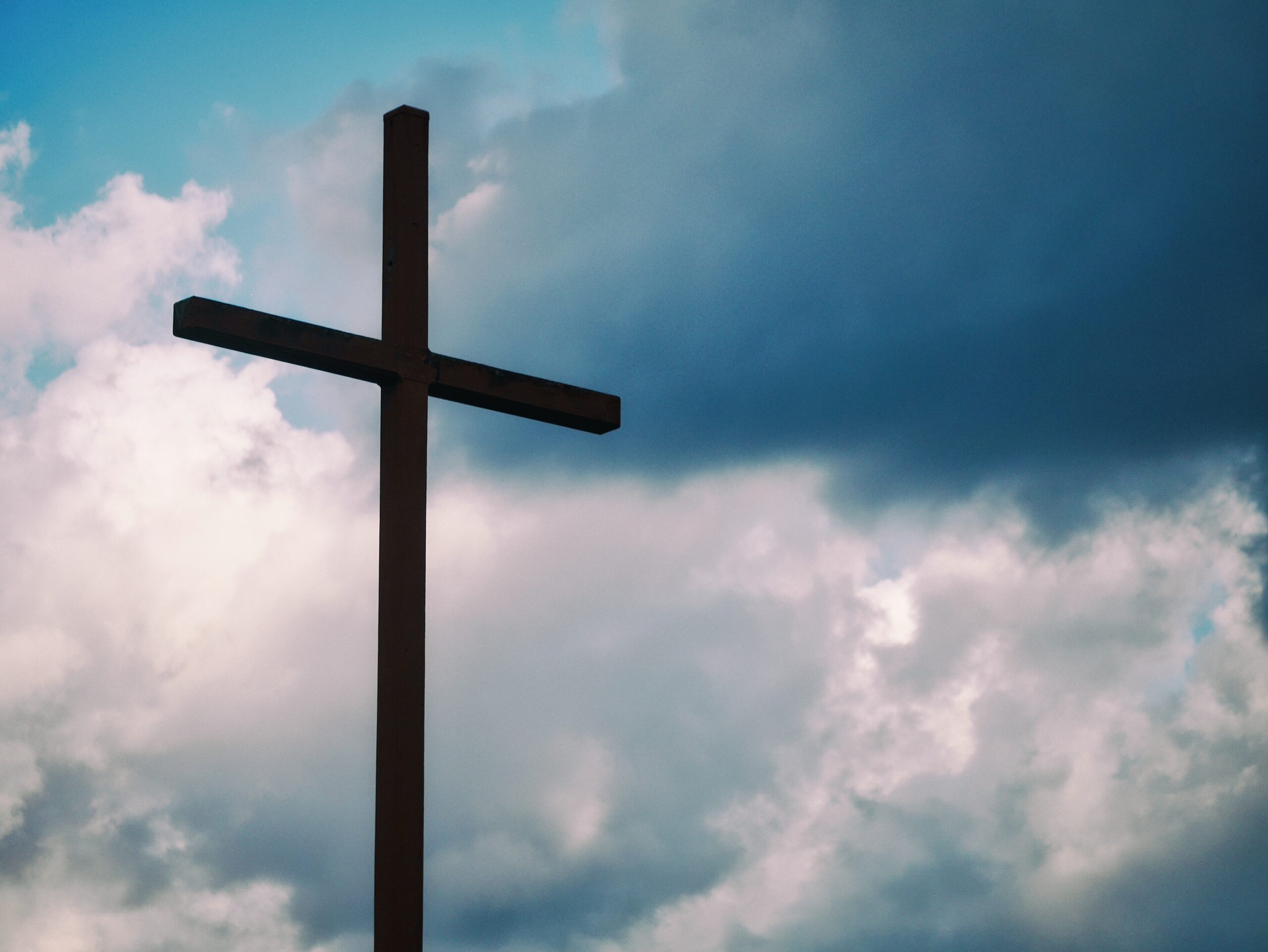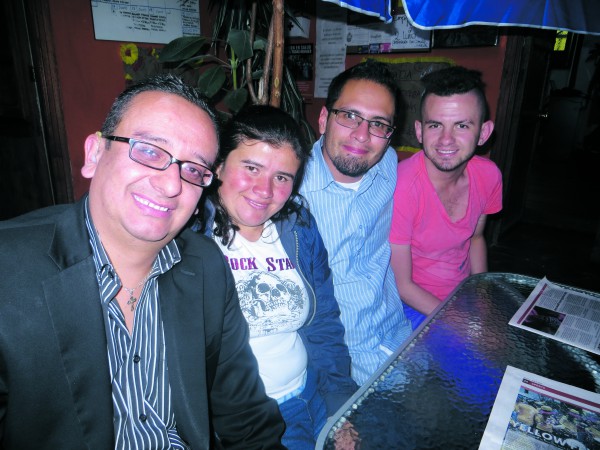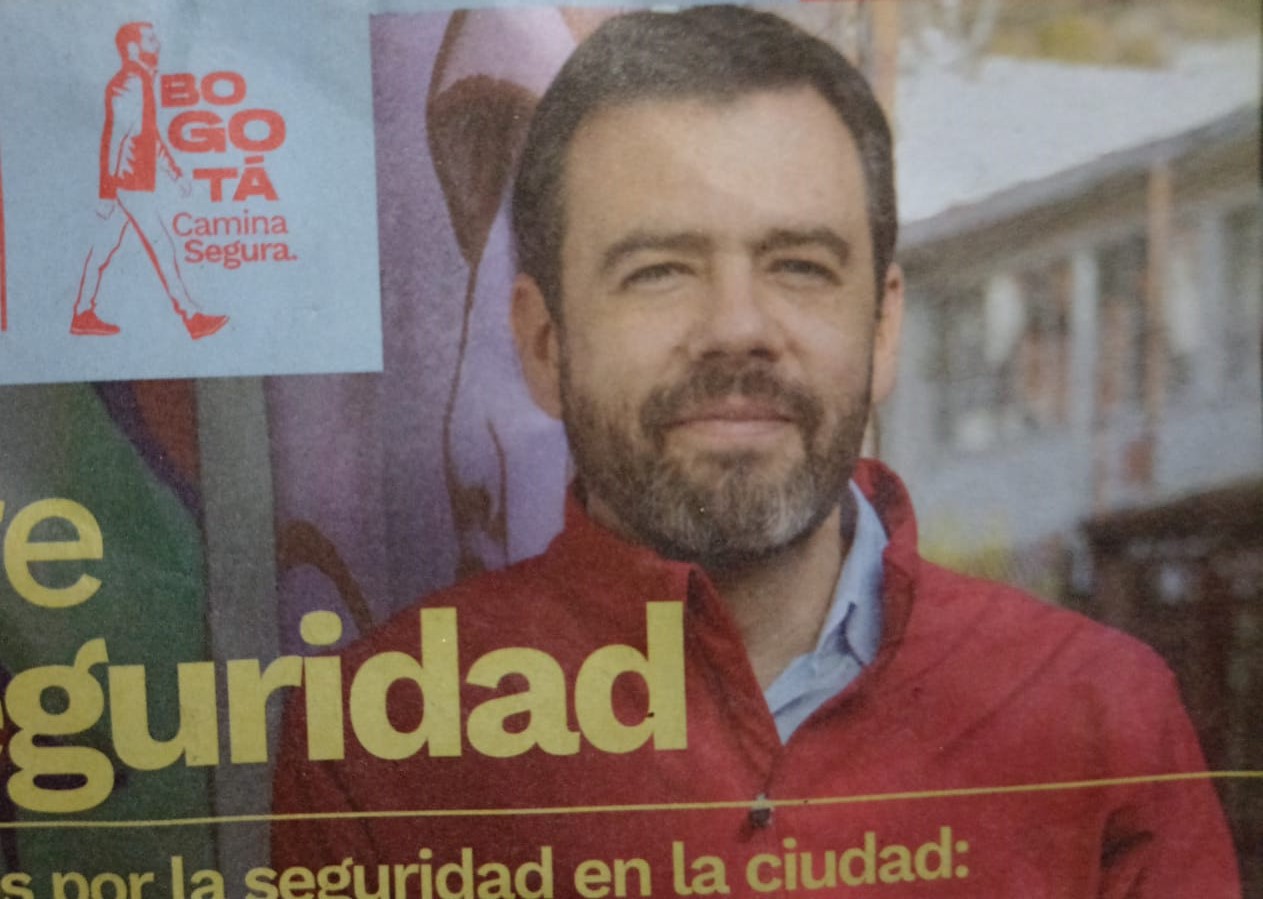Bogotá will shut down all but the most essential of services at 11.59 pm tonight. Find out how the four-day shutdown is going to work.
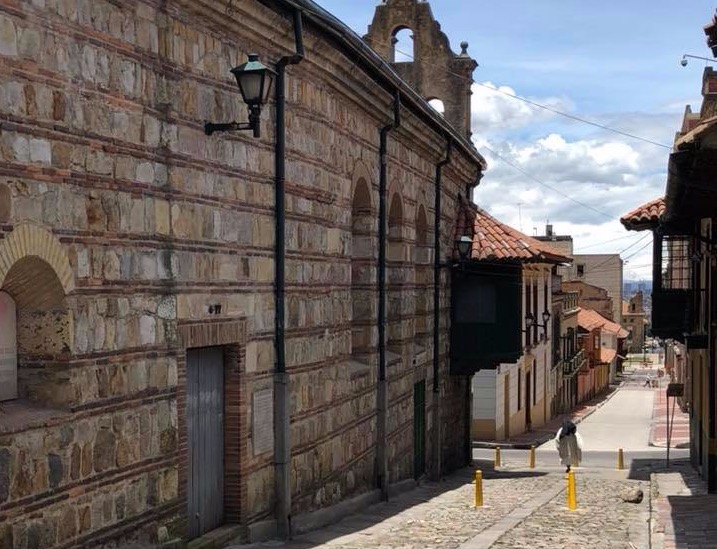
Bogotanos will be forced to stay at home over the holiday weekend in a four-day citywide shut down, aimed at preparing the city for a serious novel coronavirus (COVID-19) outbreak.
Under the slogan #YoMeQuedoEnCasa, everybody is being told to stay home from 11.59 pm tonight (on Thursday, March 20 and running until 11.59 pm on Monday, March 23). The measures are being coordinated with public forces, police and the government.
After some confusion yesterday, President Duque and Mayor Claudia López confirmed that the quarantine simulation will go ahead. López called on citizens to stay home in an unprecedented obligatory isolation drill to test how the capital would cope if the coronavirus took hold.
“It doesn’t make sense to wait until we are already contaminated to do a quarantine simulation,” said López. “It’s now, while we don’t have a massive contagion, now, while we don’t have a massive collapse of our health systems, that we need to do this simulation.”
Bogotá quarantine Day 1: Keep sane and entertained!
A very limited number of people will be allowed out to perform essential tasks, such as caring for elderly and sick people or providing emergency services. Taxis and a skeleton TransMilenio service will operate to ferry those people around.
In addition to the measures adopted in Bogotá, President Duque has announced that no international travellers (whether Colombians or foreigners) will be able to enter the country after the weekend. If you are already in the country and plan to leave after March 22, it is strongly advised that you contact your airline to understand what flights will be operating. Just as in Bogotá’s last curfew, exceptions will be made for people trying to get to the airport – you just need to be able to show your ticket if you get stopped.
Read all our coverage on the coronavirus in Colombia
The five main exceptions to the quarantine in the capital are:
- Supply and acquisition of food
- Provision of health services
- Care for the sick and elderly
- Public order and emergency services
- Extreme necessity
Obviously, if there’s an earthquake or your house is burning down, you’re not expected to stay inside. Also under the umbrella of necessity come ‘essential’ operations such as sanitary services, call centres and funeral services.
And platforms like Rappi or UberEats who deliver food and necessities are exempted from the quarantine. But nipping out now and getting hold of a Rappi bag is not going to exempt you from the curfew: delivery people will need to carry identification.
What will I be allowed to do?
One person per household will be allowed out to buy groceries or medicine. That means that some large supermarkets and pharmacies will be open in addition to offering delivery services.
Other than that, unless you work for the military, police, fire department, Red Cross, prison service or other authorised relief agency, you’re going to be stuck at home.
What about pets? Will I be able to walk my dogs?
Pet owners will have 20 minutes to take their pets out. It’s not clear how many times they can go out or who is going to be checking up on them, but you’re not going to get in trouble for taking your dogs out to do their business.
Can I go to another city?
Theoretically, yes — if you leave before midnight (like now). But bear in mind that the neighbouring departments are implementing the same measures and the main bus terminals will be shut. The departments of Cundinamarca, Meta, Boyacá and Santander are involved in the simulation and have introduced their own measures. Other department capitals are following suit.
The mayor repeatedly stressed that this is not a time for holidays and that since the capital has the largest number of cases, it would be irresponsible to leave. “We are the capital of Colombia and we have an obligation not only to take care of ourselves here, but also to help to take care of the rest of Colombia,” she said.
What is ley seca? Does that have anything to do with the quarantine?
Ley seca is a law that prohibits the sale of alcohol. It’s already been implemented in several departments, and as of 6pm, you will not be able to buy booze in the capital. We don’t yet know whether this measure will be extended after the stay-at-home drill but if you are someone who enjoys the odd glass of wine, we’d advise stocking up now.
What happens if I break the rules?
While this was originally proposed as a voluntary drill, the quarantine simulation is now obligatory. That means fines and reprimands which could even involve prison. It’s very unlikely you’ll be sent to prison for breaking the rules, but it’s probably not a good idea to test it.
In addition to the quarantine, don’t forget that anyone who’s recently arrived in the country needs to self isolate for 14 days. More than 40 foreigners have already been expelled and 700 people have been under investigation for breaking the isolation rules.
What about the city’s homeless population?
There are a large number of people living on the street in Bogotá and it remains unclear how they will be protected in the event of an outbreak. The alcaldía say they are putting measures in place, including additional hand washing facilities.

